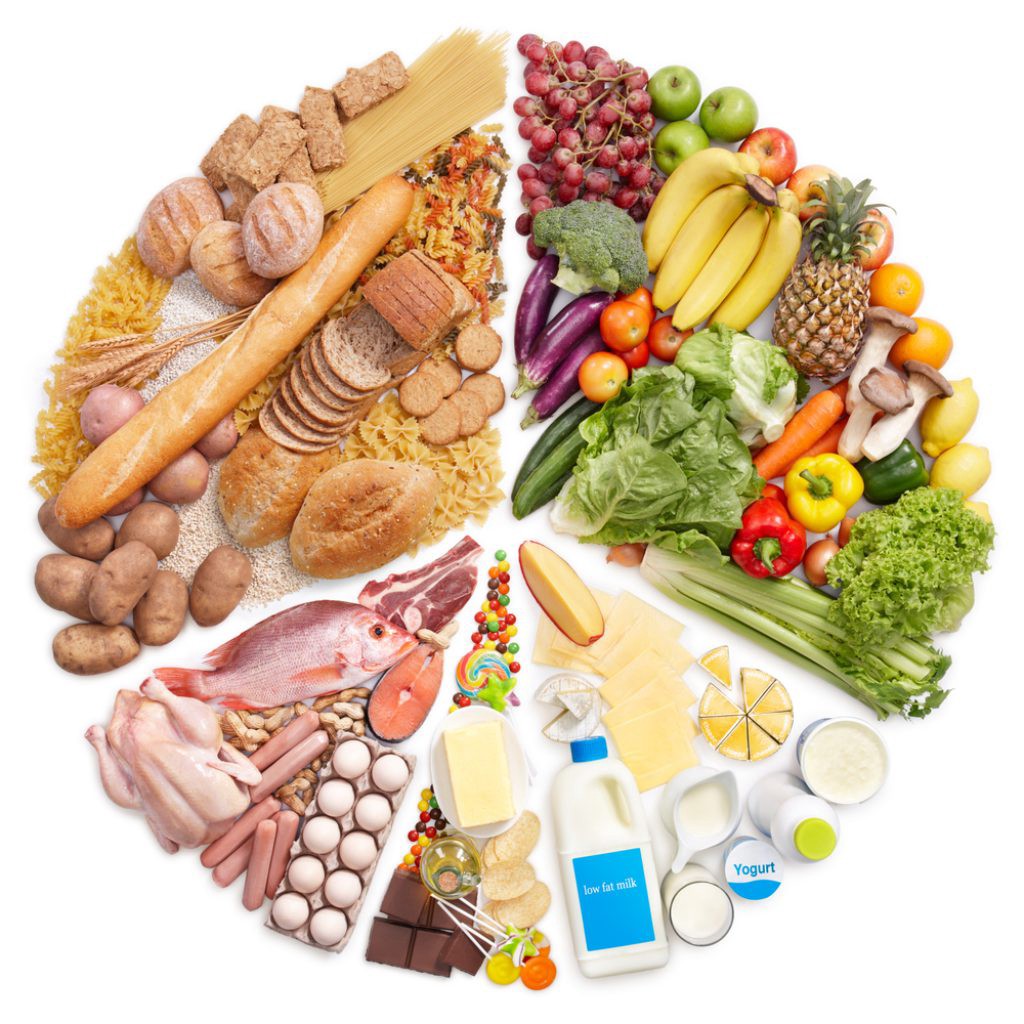A healthy lifestyle is based on good nutrition. A balanced diet can help you improve your health. Eat foods rich in vitamins and minerals. Fruits, vegetables, whole grain, dairy products, and sources of protein are all included.
You can ask yourself these questions:
- Have you been diagnosed with a health condition or risk factor such as diabetes, high blood pressure or high cholesterol levels?
- Your doctor may have told you that better nutrition can help you improve your health.
- Does diabetes, heart disease, cancer or osteoporosis have a family history?
- Are you overweight?
- Have you ever wondered what you should be eating or if you should be taking vitamins?
- Do you consume a lot processed and fast food?
- Do you believe that you could benefit from a nutritionist or a dietitian?
Speak to your doctor if you have any concerns about your health. If you want to be healthier, you may need to change your eating habits.
Improve your health with these steps
It is difficult to alter your eating habits. Focusing on small changes can be helpful. It may be helpful to make changes to your eating and drinking habits if you suffer from diseases that are aggravated by certain foods or drinks. Changes in diet can help alleviate symptoms of conditions like kidney disease, lactose sensitivity, and celiac. Here are some suggestions for improving your health. Keep in contact with your doctor to let them know how you’re doing.
- Find out the strengths and weaknesses of your current diet. Do you consume 4-5 cups of fruit and vegetables each day? Do you consume enough calcium? Are you eating whole grains and high fiber foods? You’re on the correct track if you do! Continue on your path. Add more of these foods into your diet if you don’t.
- Write down your daily food and beverage intake. You can use this record to assess your diet. You can see whether you should eat more of certain food groups or less.
- Asking for help from a nutritionist is a good idea. You can get help from a dietitian to follow a specific diet, particularly if you are suffering from a medical condition.
Most people can benefit by reducing unhealthy fat. Commit to reducing your fat intake and changing your eating habits if you eat too much. Unhealthy fats are things like dark meat from chicken, poultry skin, fatty cuts of beef, pork and lamb, and high-fat dairy products (whole milk butter and cheeses). You can reduce unhealthy fats by:
- Instead of frying meat, you can bake, grill or broil it. Before cooking turkey or chicken, remove the skin. Fish should be eaten at least one time a week.
- Reduce extra fat. Butter on bread, sourcream on baked potatoes and salad dressings are all examples. These foods can be substituted with low-fat and nonfat versions.
- Fruits and vegetables are great snacks and meals.
- Before you purchase any food, read the nutritional labels. Ask your doctor or dietitian for help if you have questions about the nutrition labels.
- Be aware of hidden fats when you dine out.
- Drinking water is essential for your health. Water or tea are low or zero calorie drinks. Sugary drinks can add a lot of calories and sugar to your diet. Fruit juice, sodas, energy drinks, sports and sports drinks, sweetened or flavoured milk and sweetened iced-tea are all examples.
Considerations
Regular exercise and a balanced diet are beneficial to your health. These habits will help you maintain or lose weight. Set realistic goals. You could set goals such as walking every day or making small dietary changes.
Doctors and dietitians recommend that healthy eating habits become a daily habit rather than follow fads. Different diets and nutrition tips can be misleading. Remember these important points:
- Fad diets don’t work. You may be tempted to try a short-term or fad diet that promises rapid weight loss. They are difficult to maintain and can be unhealthy.
- No, good nutrition is not available in pills. Instead, try eating a variety. Healthy whole foods are best for your body. Take only the vitamins prescribed by your doctor.
- Diet products and programs can be confusing with their claims. These ads are usually paid by the people who endorse them. These ads don’t mention side effects, problems or weight gain.




